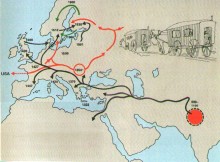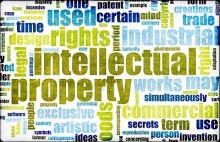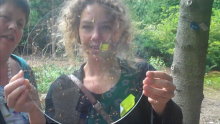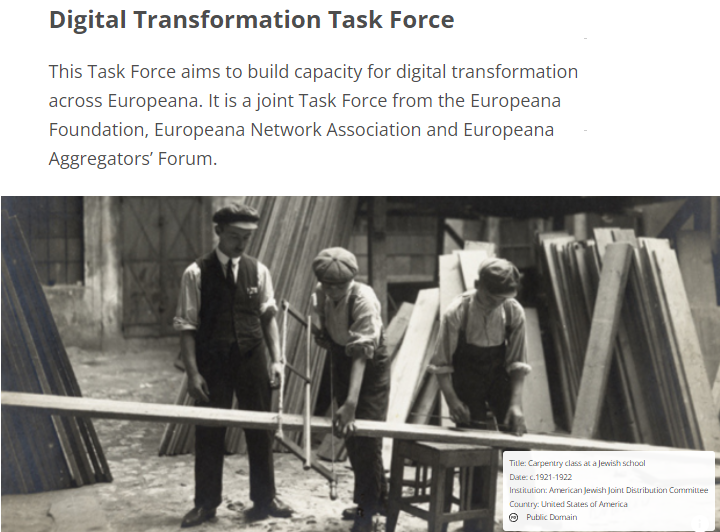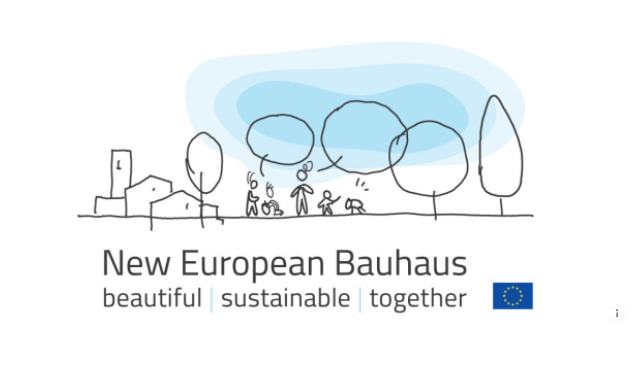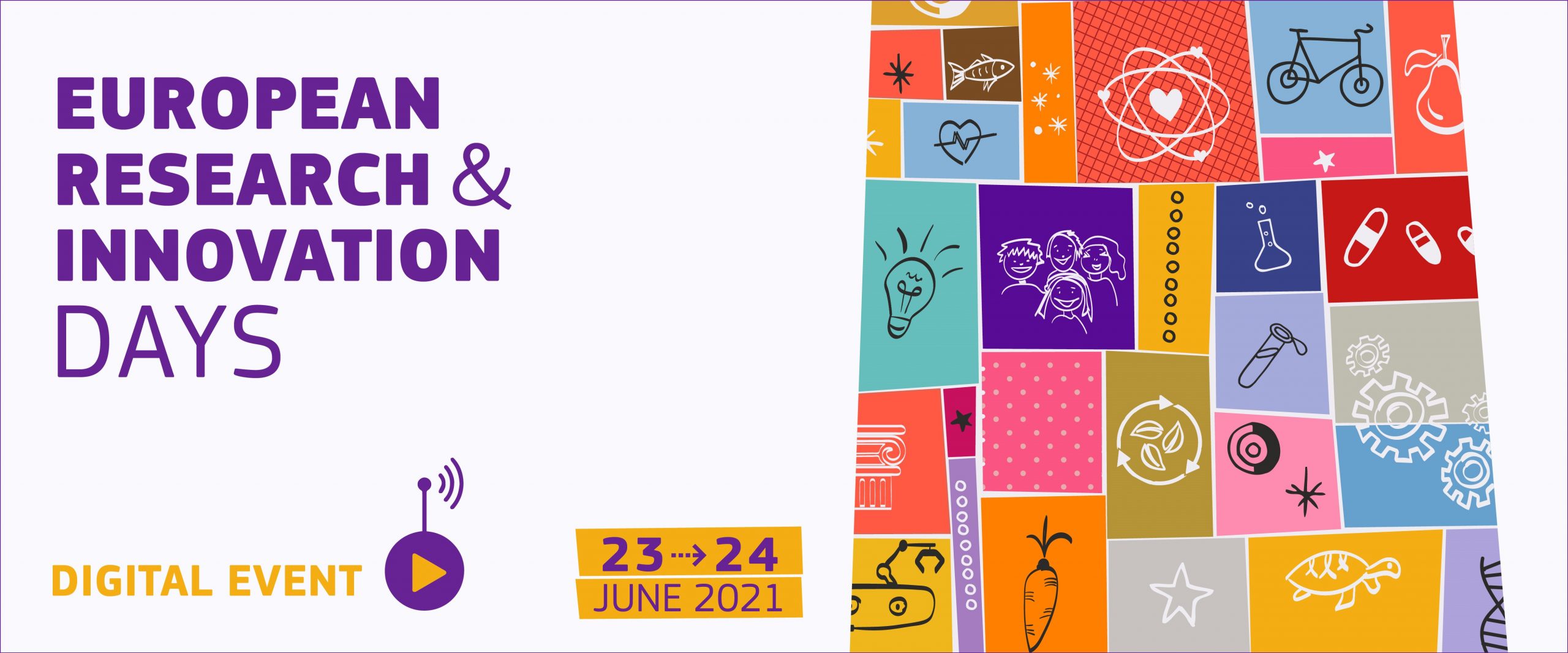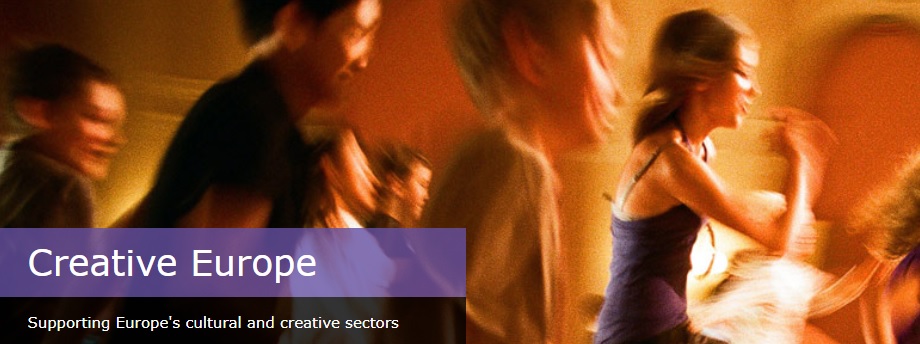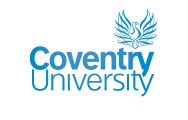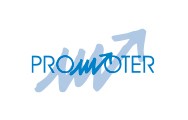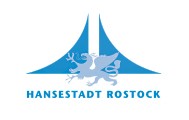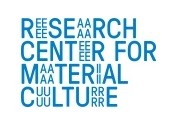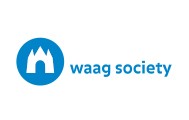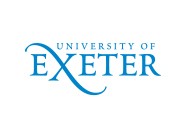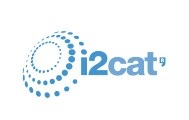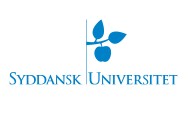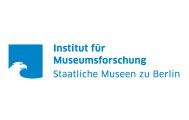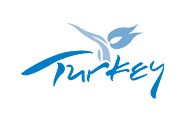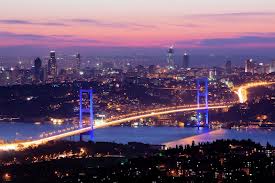 The URLA 2014 Congress’ main theme will be Management of Cultural Heritage and Cultural Memory Institutions.
The URLA 2014 Congress’ main theme will be Management of Cultural Heritage and Cultural Memory Institutions.
Today, information technologies are evolving rapidly both locally and globally and having significant impact in many areas. With the progress of globalisation, communities more and more tend to uniform their habits and lifestyles. This can cause a loss of the particular cultural identities.
National and international research plans on the preservation of cultural heritage are created for minimising such risk.
Technological capabilities and tools for the preservation of cultural heritage require an efficient management by cultural heritage institutions such as libraries, archives and museums. URLA 2014 is devoted to analysing these themes.
 RICHES partners Hakan Koray Özlük and Hasan Bahadir Aydinonat from KYGM (Turkish Ministry of Culture and Tourism) will take part in the congress holding a speech – already approved by the URLA scientific committee – on Preservation of Cultural Heritage and EU Projects, which will provide an interesting overview of the two professionals’ year experience and knowledge in research for innovative ways of cultural heritage’s preservation and enjoyment.
RICHES partners Hakan Koray Özlük and Hasan Bahadir Aydinonat from KYGM (Turkish Ministry of Culture and Tourism) will take part in the congress holding a speech – already approved by the URLA scientific committee – on Preservation of Cultural Heritage and EU Projects, which will provide an interesting overview of the two professionals’ year experience and knowledge in research for innovative ways of cultural heritage’s preservation and enjoyment.
The URLA congress aims to: promote dialogue between academicians, practitioners, researchers and organisations which provide services in the field of library and information science, arts, humanities and applied sciences; create a scientific and a social interaction environment; share best practices and experiences about these disciplines. Academicians, practitioners, researchers, service providers and all individuals can participate in the congress.
The University and Research Librarians’ Association in Turkey (URLA) organises annual scientific meetings in Turkey since 1991, in order to raise the awareness of practitioners about information services, information & document management, knowledge economy, information literacy, industrialisation of information and so on. In view of the meetings, scientific and original studies/papers are evaluated by a specific scientific committee, in order to establish a presentation programme. The URLA annual scientific meetings are held in a different university every year and supported by various sponsors and government agencies.
For more information visit: http://unak2014.unak.org.tr/en/
http://www.riches-project.eu/kygm.html
 RICHES on Twitter: #richesEU
RICHES on Twitter: #richesEU
RICHES on YouTube: www.youtube.com/richesEU



